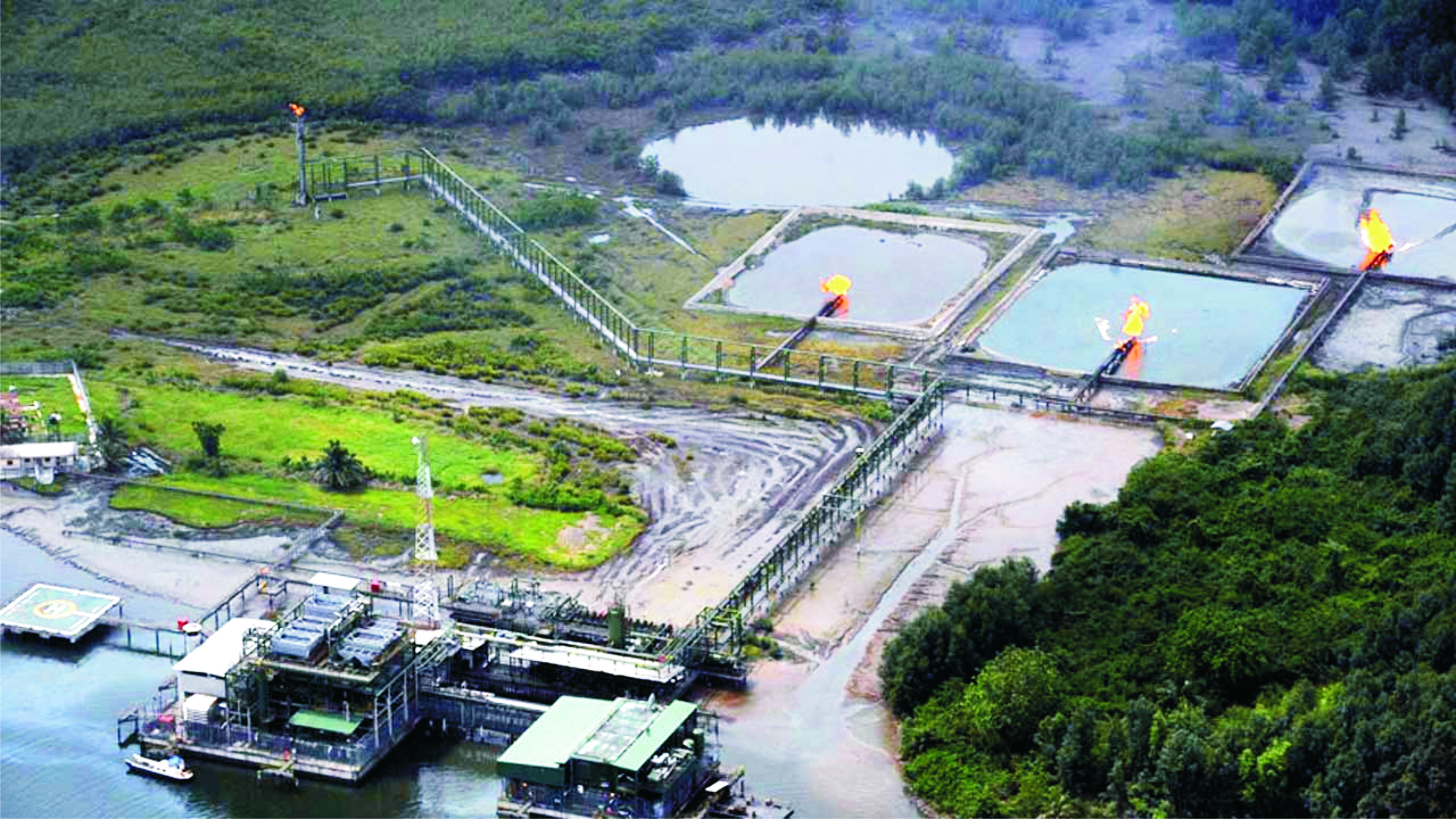Oil & Energy
Reactions Trail Soku Oil Wells’ Victory

Some eminent personalities in Rivers State have hailed the Supreme Court judgement that ceded the Soku Oil Wells to the state.
They said the judgement was in the best interest of every Rivers man as it would bring additional revenue to the state.
Before the Supreme Court judgement, last Thursday, the Federal High Court, Abuja, had earlier ruled in favour of Rivers State, directing the Bayelsa State Government to hand over the oil wells to Rivers State.
Unsatisfied with the Federal High Court ruling on the suit, the Bayelsa State Government, in a bid to reclaim the ownership of the oil wells, approached the apex court, demanding that the federal government stopped payment of statutory monthly allocations from the oil wells to Rivers State.
In the suit marked: SC/SC649/2020, which had the Attorney-General of the Federation and Rivers State as Defendants, Bayelsa State urged the Supreme Court to, among other things, bar the Federation Accounts Allocation Committee (FAAC) from deducting earnings due to it from the Soku oil wells.
But the Supreme Court in its ruling, dismissed the Bayelsa State Government’s appeal and directed the appellant to cede the disputed oil wells with all the benefits to Rivers State.
Hailing the judgement, the Amayanabo of Opukula in Akuku-Toru Local Government Area of Rivers State, King Hope Dan Opusingi said the court verdict has confirmed Governor Nyesom Wike as a defender of the inheritance of the Kula people in particular and Rivers State at large.
He explained that the boundary dispute, which had lasted over a long period of years had ceded more than 60 per cent of Kula’s territory to Bayelsa State and thanked Governor Wike for his determination to get the Soku well back.
Meanwhile, the Deputy Governor of Rivers State, Dr (Mrs) Ipalibo Harry Banigo has congratulated Governor Wike and all true patriots of Rivers State on the Supreme Court judgement.
She noted that every action Governor Wike had taken since assuming office in 2015 had been in the best interest of the Rivers people.
According to her, the governor’s determination to pursue the Soku oil suit to a logical conclusion against all odds, was a clear demonstration of his determination to ensure that the interest of the Rivers people was protected at all time.
However, a consultant to the United Nations Environment Programme, Dr Ogbowuokara observed that “the boundaries and demarcations between oil wells, oil fields, towns and villages or between individuals of the Niger Delta did not take into account the relationships that existed between these people”.
Ogbowuokara further said, “the victory in the court and the return of the oil field to Rivers State could bring more income to it, but it could also deepen the anger or perhaps the fury of the loser”.
He advised the Rivers State Government to ensure that the “immediate communities, loser and winner, gain immensely from the benefits. I am of the opinion that it never happens again that shoddy jobs such as the one oil companies do ever happen again”.
By: Stories by Tonye Nria-Dappa
Oil & Energy
NERC, OYSERC Partner To Strengthen Regulation

Oil & Energy
NLC Faults FG’s 3trn Dept Payment To GenCos

Oil & Energy
PENGASSAN Rejects Presidential EO On Oil, Gas Revenue Remittance ……… Seeks PIA Review

-
Maritime1 day ago
Customs Declares War Against Narcotics Baron At Idiroko Border
-

 Sports1 day ago
Sports1 day agoGombe-Gara Rejects Chelle $130,000 monthly salary
-
Maritime1 day ago
Nigeria To Pilot Regional Fishing Vessels Register In Gulf Of Guinea —Oyetola
-
Maritime1 day ago
NIMASA,NAF Boost Unmanned Aerial Surveillance For Maritime Security
-
Maritime1 day ago
NIWA Collaborates ICPC TO Strengthen Integrity, Revenue
-

 Sports1 day ago
Sports1 day agoTEAM RIVERS SET TO WIN 4×400 ” MORROW” …Wins Triple jump Silver
-

 Sports1 day ago
Sports1 day agoNSC eyes international hosting rights
-
City Crime23 hours ago
NCSU Hails Fubara Over 2025 New Telegraph Man Of The Year Award

